Table of Contents Show
When many think of Florida, they likely think of theme parks and sandy beaches. However, camping in Florida can be a fantastic way to get away from the crowds and touristy attractions. As you know, we always recommend researching before every camping trip, so we wanted to provide some knowledge before you enter the state as a potential camper. Let’s take a look!
Why You’ll Love Camping in Florida
Camping in Florida might mean staying right on the beach or far away from noisy tourists. You might enjoy historical sites as well as theme park adventures. There’s unique wildlife, crystal clear springs, amazing food, and unique landscapes.
Best of all, camping lets you experience a unique piece of the Sunshine State that tourists staying in beachside resorts might not enjoy. And while there are rustic campsites available throughout the state, there are also incredible RV resorts with every amenity imaginable.
Plus, there’s the weather. Aside from hurricane season from September through November, it’s almost always warm and sunny in Florida. If you’re ready to escape the winter blues or spend some time on the beach this summer, you can’t go wrong with a Florida camping trip.
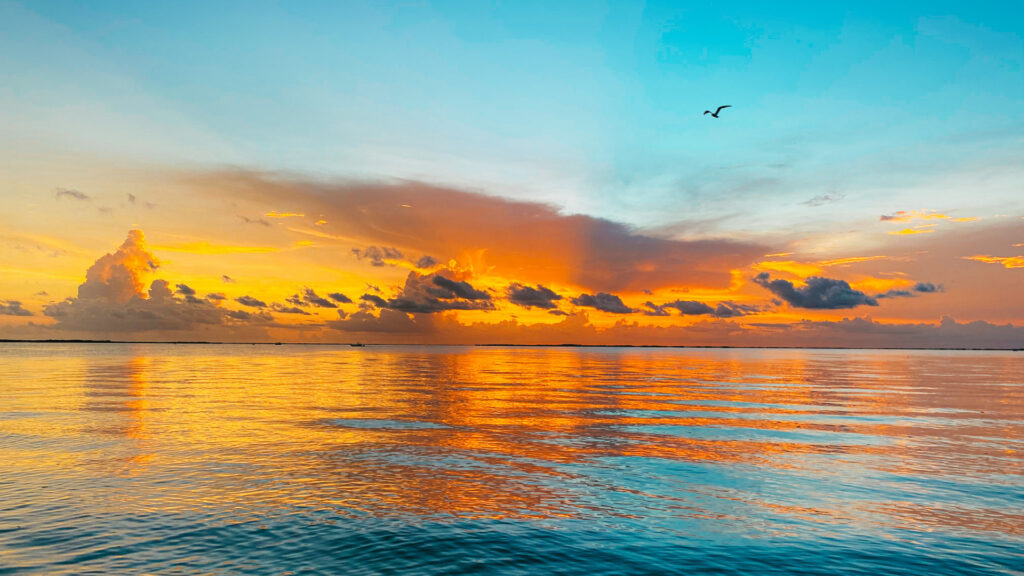
7 Things You Should Know About Camping in Florida
You’ve likely imagined what it’ll be like to go camping in Florida, but it’s best to hear from those who have been there before. We have several things you should keep in mind before beginning your adventures there. Let’s go over a few so your trip is the best it can be.
1. There’s Free Camping
Many who camp in Florida overlook the many free camping opportunities all over the state. Florida’s Water Management Districts offer a plethora of free campsites that are well-maintained and ready for you to visit. While many sites are free, they require advance reservation.
The status of campgrounds can change frequently based on the needs of the governing agencies or the area’s conditions; at one point, there were 69 vehicle-accessible campgrounds. There are many more campsites that aren’t vehicle-accessible and require hiking, biking, paddling, or horseback riding to reach them.
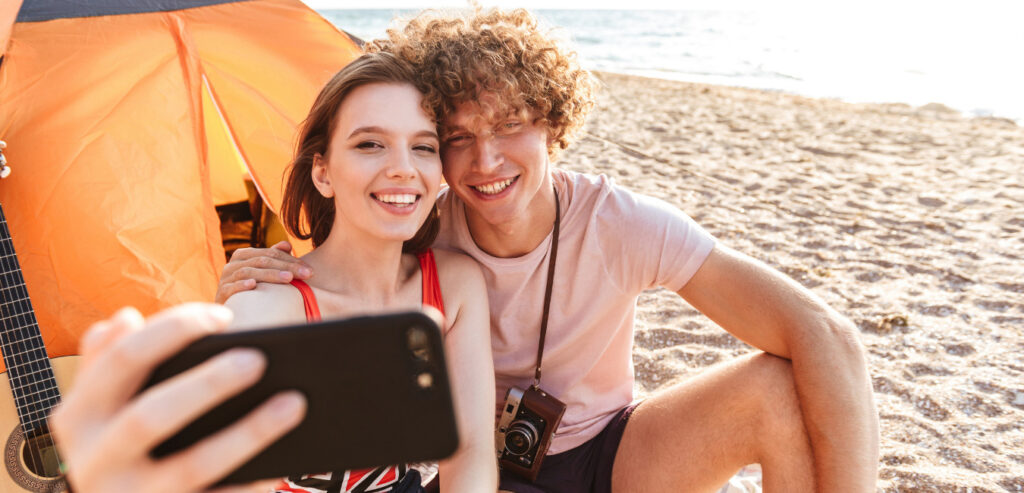
2. There Are a Lot of Bugs
The warm, humid climate means a ridiculous number of bugs. That quiet campsite among the thick vegetation is likely uninhabited because it’s full of mosquitos and other bug swarms that will make it difficult to enjoy your time camping.
Bring plenty of bug spray and other repellents to avoid spending your time swatting bugs away from your face 24/7. Coming with a plan for handling the potential threat of bugs is essential for a successful camping trip.
3. It’s Not Always Sunny
Despite being known as the Sunshine State, it’s not always sunny in Florida. Depending on the time of year, parts of Florida are known for intense afternoon thunderstorms. These storms can be full of violent winds, intense downpours, and incredibly dangerous lightning. Keep an eye on the skies and make sure you can receive weather alerts no matter where you camp.
Also, remember that September through November hurricane season. While you might not be in the direct path of a hurricane, you could still be hit with a tropical storm that will ruin your camping trip in a hurry.
4. Be Careful Around Lakes, Rivers, and Ponds
If you haven’t spent much time in Florida, you’ll quickly learn to be careful around lakes, rivers, and ponds. Walking along the banks can be risky, as alligators like to lie in shallow waters and wait for prey.
Alligators can attack humans and small pets, but it’s extremely rare. There are only 10 alligator attacks in Florida every year, and since 1974, there have only been 24 fatal attacks. So, you don’t need to panic at seeing an alligator in the wild, but you should be cautious.
Take extra precautions around bodies of water at night and during early mornings. You should also keep your pets away from the water. Smaller dogs are the perfect target for a hungry alligator seeking an easy snack.
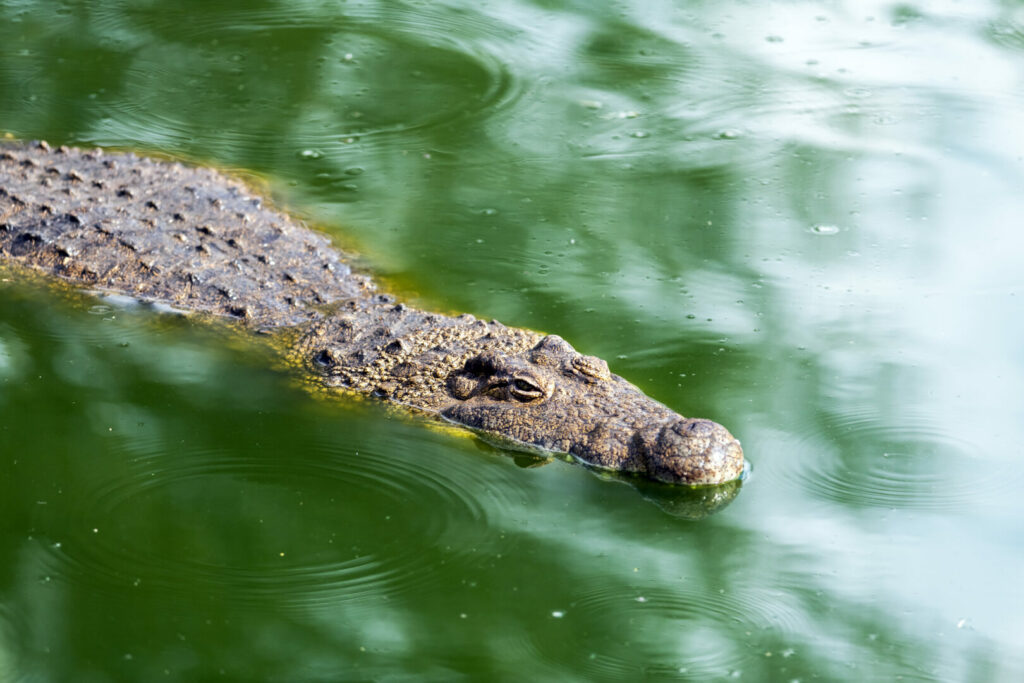
5. The State Parks Rival Some National Parks
Florida has a generous number of state parks that could go toe to toe with some national parks–they’re that good!
Some of our favorite state parks include Anastasia State Park, which sits on the Atlantic coast and is a fantastic place to learn about Florida’s history. There are also parks like Blue Spring State Park, Little Manatee River State Park, and Crystal River State Park, where you can spot endangered manatees. These massive animals will capture your attention as they gracefully glide through the waters.
While much of Florida’s beauty is above ground, Florida Caverns State Park reveals there’s even more beauty below ground. The caves in this state park are the only air-filled caverns open to the public in the entire state of Florida.
6. Florida Is More Than Just Beaches and Theme Parks
While beaches and theme parks bring many tourists to Florida, there’s so much more! You can pick your own fresh fruits, shop at the outlet malls, or catch a rocket launch at Kennedy Space Center. There are endless things to add to your itinerary, even if you don’t enjoy beaches or theme parks.
If you do choose to go for the theme parks, you might check out the RV resorts there. Disney’s Fort Wilderness is an experience in itself, even if you aren’t visiting the theme parks. The activities and amenities the campground provides are unlike anything else.
Another popular choice for Florida camping is Thousand Trails Orlando. This massive campground provides multiple pools and enough activities to keep you busy for your entire stay, even if you don’t visit the theme parks. If you’re staying in Florida, you might as well stay in a luxurious RV park!

7. But Florida Beaches Are Incredible
Whether it’s Cocoa Beach, Clearwater Beach, or Panama City Beach, Florida’s beaches are all unlike any other. They’re among the cleanest beaches you’ll find and it’s relatively easy to find free or cheap parking nearby. Many beaches have piers that are great for an evening stroll and watching the sunset.
If you’re on the Space Coast of Florida, Jetty Park Campground is close to the beach and excellent for viewing rocket launches at Kennedy Space Center. While you may want to camp on the beach, there aren’t many places where it’s legal because of laws protecting sea turtles and nesting birds.
Snagging a beach campground in South Florida is incredibly difficult. Many of these campgrounds fill up a year in advance. Staying at Gambler Rogers Memorial State Recreation Area means that only sand dunes separate you from the beach. You’re still close enough that the sound of crashing waves will lull you to sleep.
Is Camping in Florida Worth the Effort?
Yes, any opportunity to camp in Florida is definitely worth it, as long as you come ready for the environment. Summers can be scorching and winter nights chilly. And some areas experience below-freezing temperatures on occasions. But the weather isn’t the only reason to camp in the Sunshine State, and you’re likely to enjoy your stay if you plan well.
Ultimately, so many Florida regions offer endless exciting adventures for all ages, and you’d e lucky to camp there.
Where would you like to go camping in Florida?




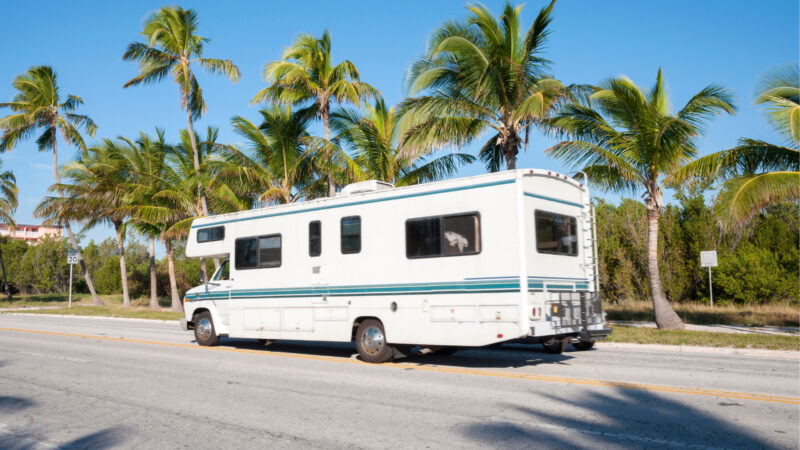
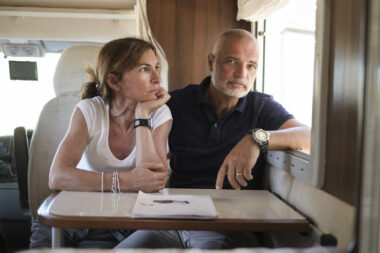

Hurricane season starts June 1 and goes to November 30…..and other news if you are a florida resident and a senior..you can apply at any state park…and get in for half price…say Silver springs..cost us..13.00 a night..